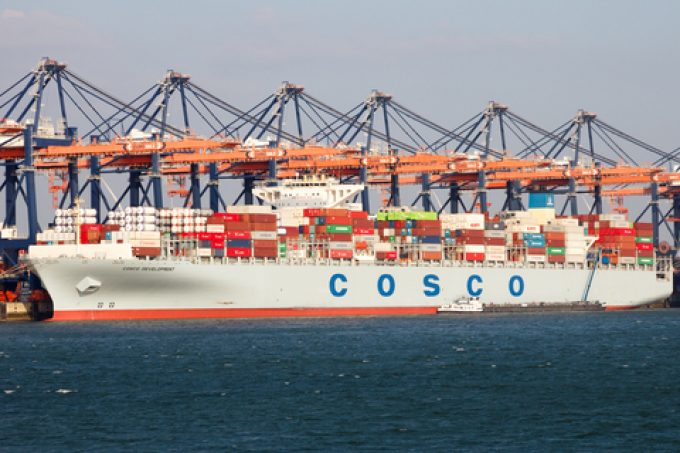Congestion and rising costs at Europe's box ports to last into summer
Major congestion across north European ports is forecast to last well into the summer, with ...

The ports of Rotterdam and Antwerp-Bruges are reporting drastically reduced container volumes this year so far, having suffered a nine-month teu drop of 7.2% and 6.8%, respectively, compared with last year.
Ports in Northern Europe remain short of cargo, following the withdrawal of Russian container volumes, ...

Comment on this article